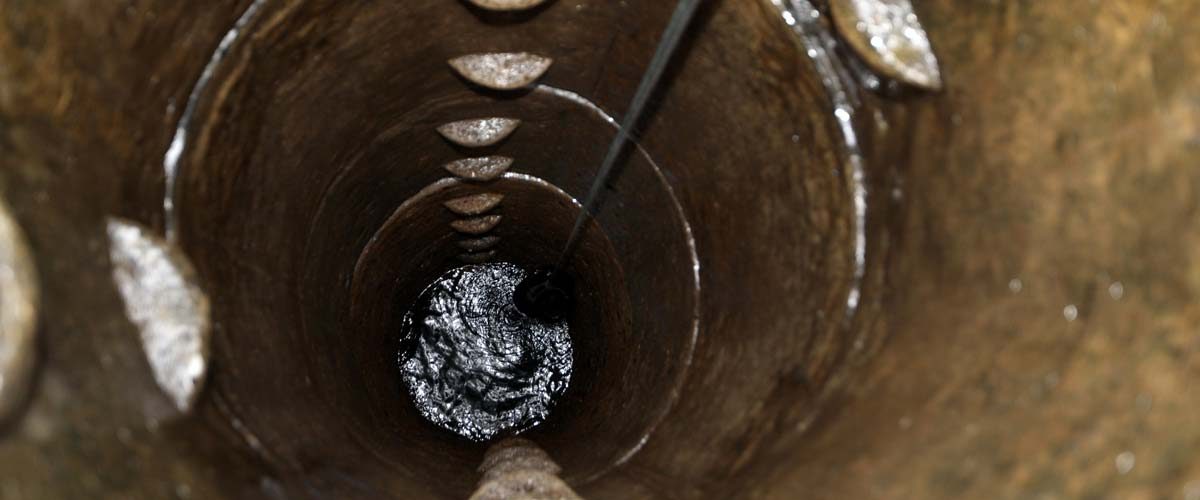Environmental factors modify the levels of minerals and dissolved organic substances in well/borehole water and by doing so the water quality is impaired. It was noted that environmental factors play decisive roles in determining the quality of water and other elements on which man and other living creatures subsist on, on the earth planet1.
The natural environmental factors include; the atmosphere, plants, terrestrial surfaces and the hydrosphere in their natural states, while human or anthropogenic environmental factors result mainly from man’s carelessness, ignorance, negligence and/or from legitimate human activities in his immediate or remote surroundings2.
Water contamination resulting from natural environmental factors is difficult to control. In contrast, contamination resulting from human-induced environmental factors can be avoided and controlled through strategies such as close monitoring by regulatory agencies, legislations, sanctions etc.
In Nigeria, the high prevalence of water borne diseases such as cholera, diarrhea, dysentery, hepatitis, etc. especially, in rural areas, was attributed to the consumption of contaminated water3. It was demonstrated that the prevalence of common waterborne diseases in some parts of Nigeria, typhoid cases ranked highest among the water related diseases recorded between 2002 and 2008 in Nigeria4.
The rural communities of Nigeria, were gifted with abundant groundwater resources which they use for various purposes; washing of clothes, bathing, cooking, drinking, building, or construction, industrial activities and other socio-economic activities such as car wash, laundry services etc. The quality status of the well/borehole water which the people consume and use for varied purposes are not known.
So keeping in view the above mentioned context a new study was carried out in order to determine the influence of environmental factors on well and borehole water quality in rural communities in Nigeria. The objectives were to characterize/contrast the pollutants, determine the influence of environmental factors on the water quality and highlight the health implications of the findings5.
The study showed that the quality of hand-dug well and borehole water of the study area was influenced by natural and anthropogenic factors. The results of the analysis revealed that the concentration levels of some of the parameters are above the WHO guideline limit for drinking water in many of the sample locations. Pollutants such as: Fe2+, temperature, turbidity, were attributed to natural factors while pH and E. coli were attributed to anthropogenic/natural. The results of the PCA analysis reveal that the groundwater of the area was found to be influenced by five components extracted from the PCA namely, poor hand-dug well/borehole protection, mineral properties of the rocks, influence of organic pollutants, unsanitary surroundings and agricultural activities.
Keywords:
Environmental factors, health implication, Nigeria, rural communities, well water quality, hand dug well, water related diseases, five components, unsanitary surroundings, agricultural activities.
References:
- Ajayi, D. and D. Adesina, 2005. Man’s Natural Environment. In: Introduction to Basic Concepts in Government, Society and Economy, Balogun, S.K. and A.O. Taiwo (Eds.). GSP Publication, Ibadan, pp: 139-146.
- Okafor, E.E., A.R. Hassan and A. Doyin-Hassan, 2008. Environmental issues and corporate social responsibility: The Nigeria experience. J. Hum. Ecol., 23: 101-107.
- Raji, M.I.O. and Y.K.E. Ibrahim, 2011. Prevalence of waterborne infections in Northwest Nigeria: A retrospective study. J. Public Health Epidemiol., 3: 382-385.
- Yusuff, A.S., W. John and A.C. Oloruntoba, 2014. Review on prevalence of waterborne diseases in Nigeria. J. Adv. Med. Life Sci., 1: 1-3.
- Chukwuma, O.M. and Ifeanyichukwu, M.K., 2018. Influence of Environmental Factors on the Physico-Chemical and Bacteriological Quality of Well and Borehole Water in Rural Communities of Udenu Lga of Enugu State, Nigeria. Pak. J. Nutr., 17: 596-608.
















Add comment